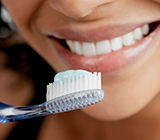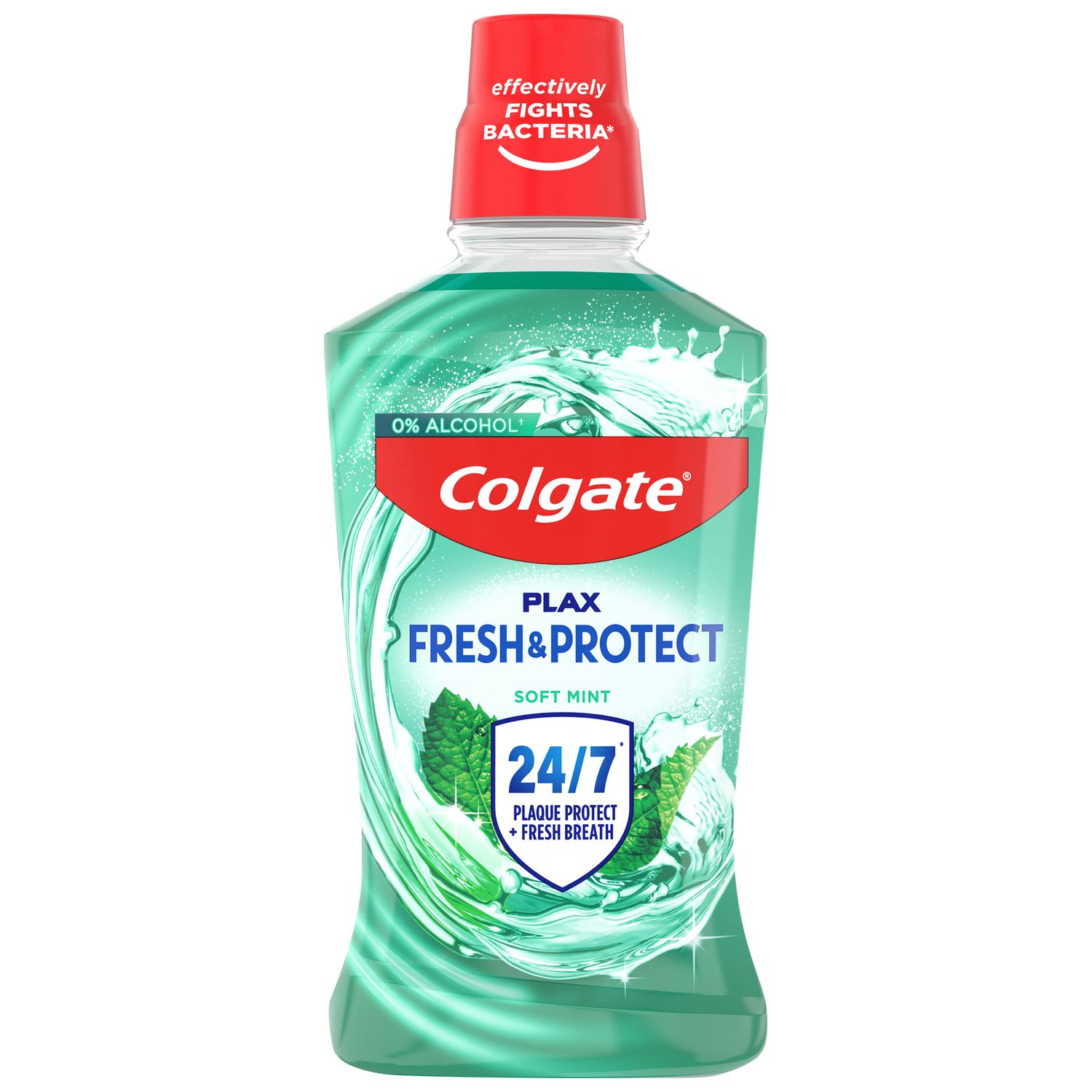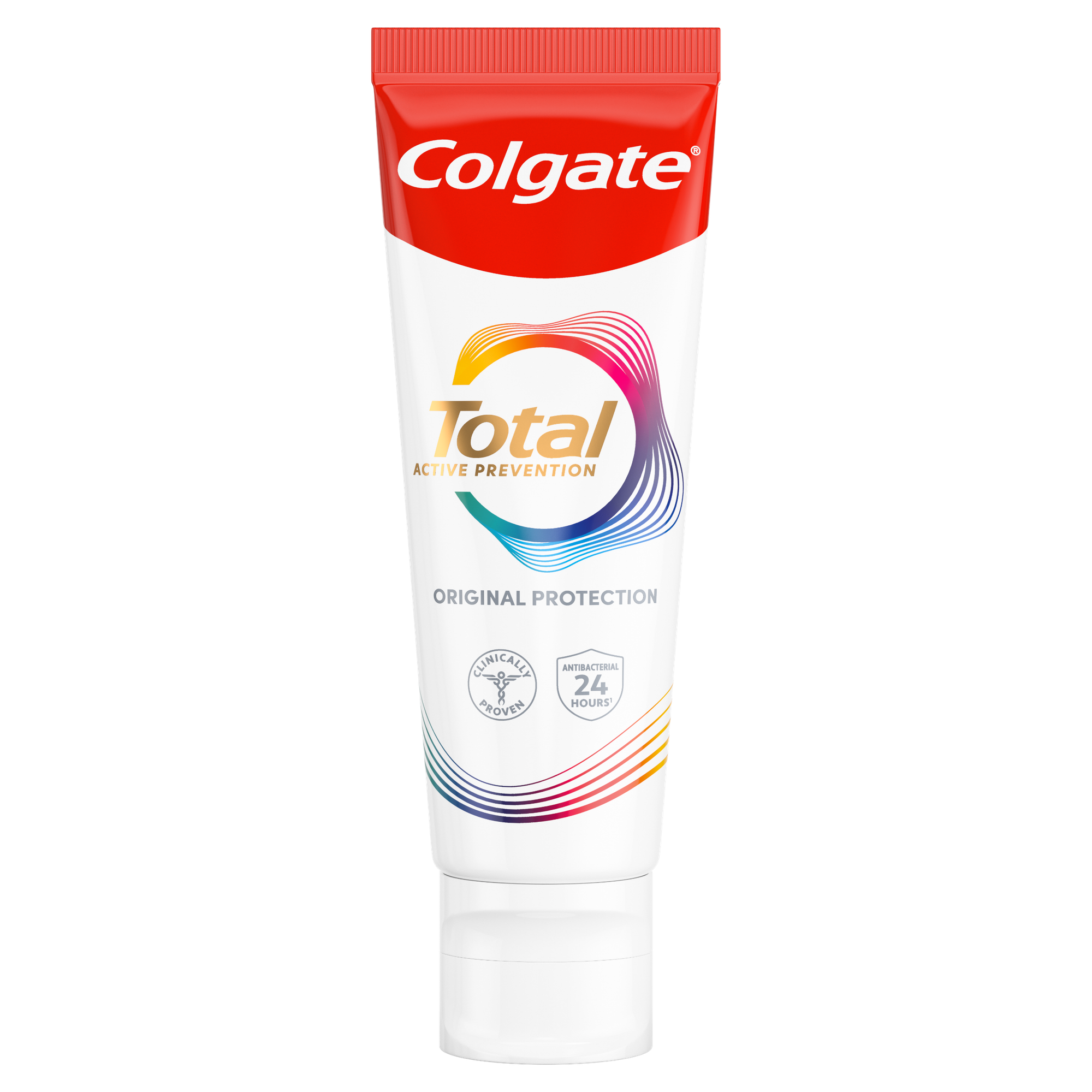Causes of Xerostomia
Basically, xerostomia occurs from a lack of saliva, which can be attributed to the following:
- Medical Side Effects: Xerostomia is a side effect of diseases, such as diabetes, leukemia, Sjogren's disease, pernicious anaemia, Hodgkin's disease and AIDS. Cancer patients may lose the ability to produce saliva because radiation destroys salivary glands. Certain medications also cause your mouth to feel dry. Read the label of all medications carefully.
- Dehydration: Are you drinking enough water? If you drink a lot of coffee and find yourself with a dry mouth, you may be experiencing a diuretic effect. Or, if you're exercising for a long time, don't forget to take hydration breaks.
- Vitamin Deficiencies: Some people's dry mouth stems from vitamin deficiencies. Even though saliva production is normal, a vitamin deficiency can affect the lining of the mouth, which causes a sense of dryness.
Common Symptoms
Do you feel any of these symptoms?
- A cotton feeling that makes talking, eating and swallowing difficult.
- Burning in your mouth and tongue or sores.
- Cracking near the corners of your lips.
- Foul taste or breath that's hard to get rid of.
Home Remedies to Quench Dryness
If you have xerostomia, it can become a dental nightmare since the saliva is not diluting the bacterial acid that decays teeth and irritates gums. But these home remedies may help you feel better and protect your teeth.
- Drink Water: Keep a water bottle handy and take sips frequently. It's also important to stay away from acidic beverages, such as orange juice, fizzy drinks and any drink that contains citric or phosphoric acid. Acid and dry mouth together is a breeding ground for dental cavities.
- Chew Some Gum: Chewing gum helps saliva flow. The only downfall is that sugar in gum may cause tooth decay, so use sugarless varieties, especially the ones sweetened with xylitol.
- Use a Rinse: Since less saliva is a precursor to dental cavities, it's a good idea to swish with a fluoride rinse at bedtime. This helps to remineralise teeth and protect you from cavities and gum disease.
- Over-the-Counter Products: There are sprays, rinses and specially formulated toothpastes that help keep the oral cavity moisturised.
- Vitamins: Vitamin C helps oral tissues repair damage caused by excessive dryness. B vitamins help battle the bugs of bacteria by improving your immune system, so you may want to consider taking a B-complex supplement with thiamine, niacin, riboflavin and B6.
- Use a Humidifier: At night, keep the air in your bedroom moist with the help of a humidifier.
This article is intended to promote understanding of and knowledge about general oral health topics. It is not intended to be a substitute for professional advice, diagnosis or treatment. Always seek the advice of your dentist or other qualified healthcare provider with any questions you may have regarding a medical condition or treatment.
ORAL HEALTH QUIZ
What's behind your smile?
Take our Oral Health assessment to get the most from your oral care routine
ORAL HEALTH QUIZ
What's behind your smile?
Take our Oral Health assessment to get the most from your oral care routine













